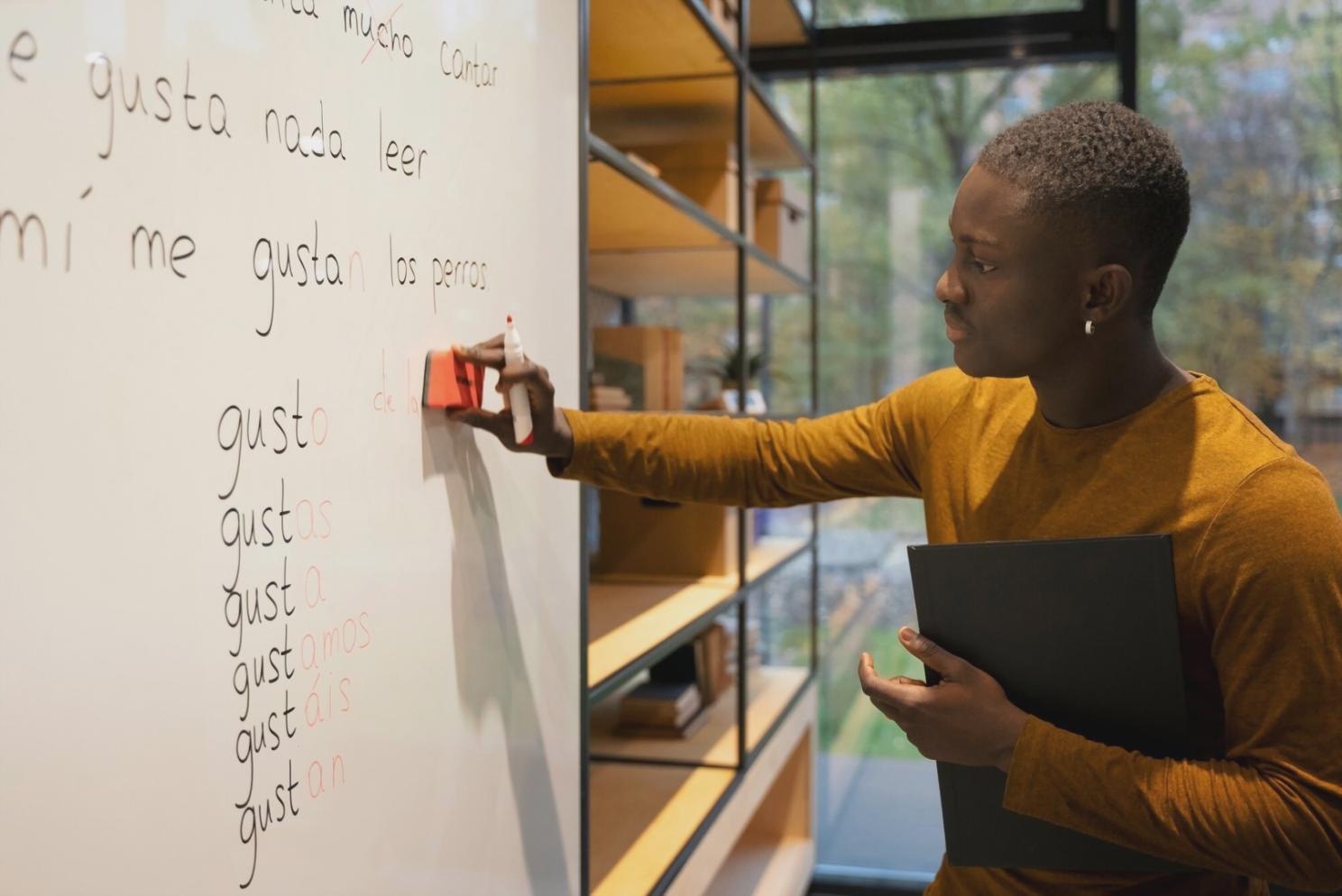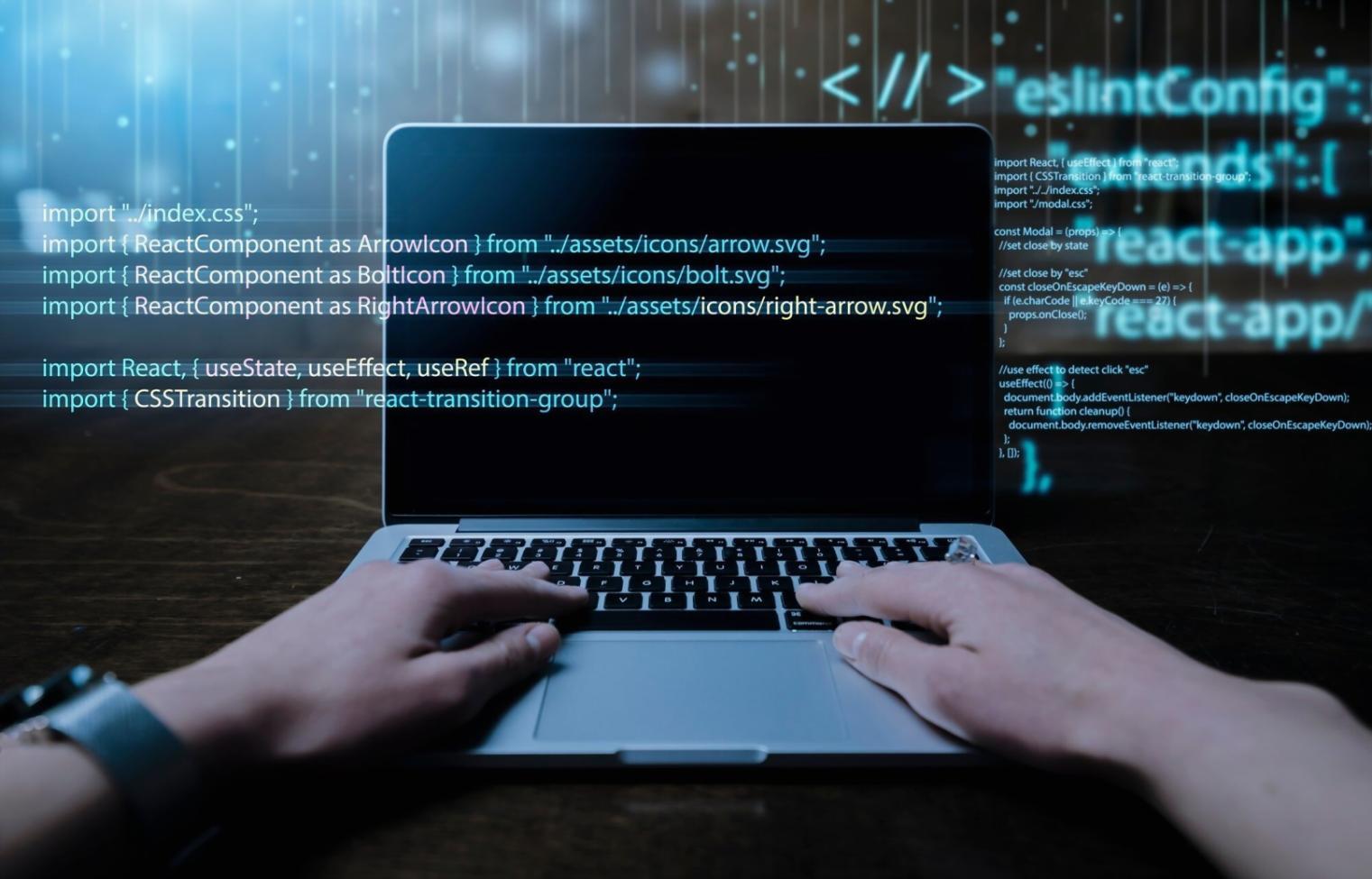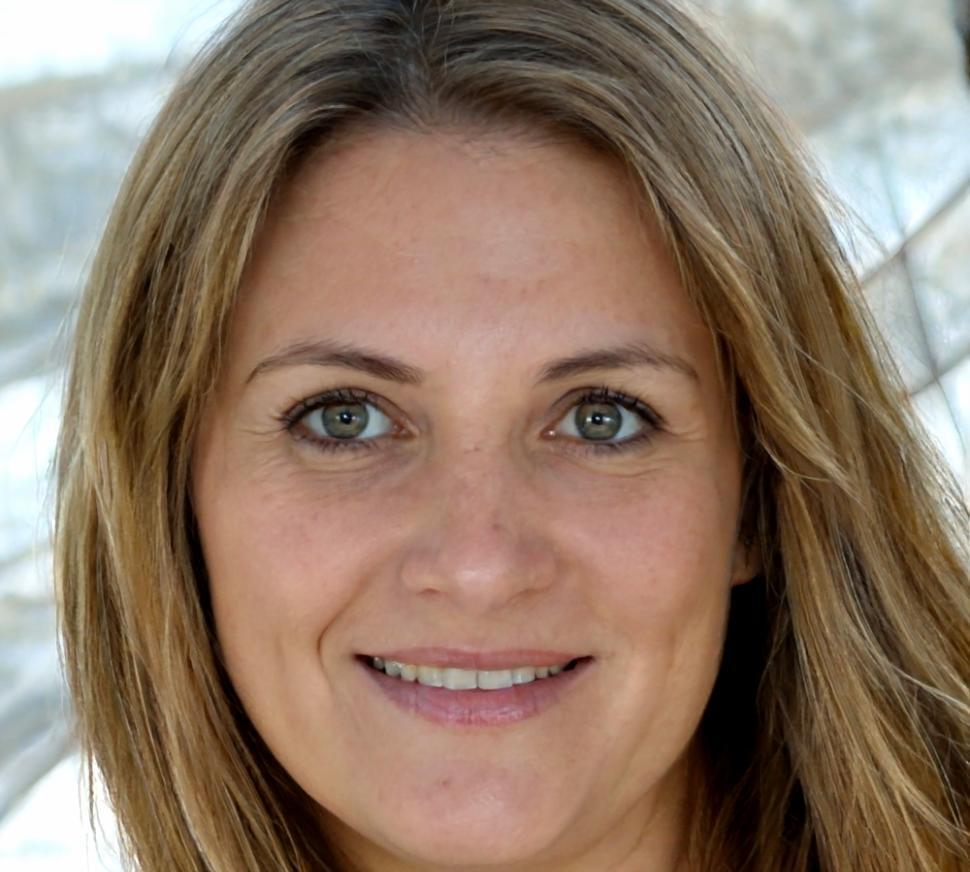Build Games People Actually Want to Play
Most game development courses teach theory. We teach you to ship working projects that handle real players, actual monetization, and the technical challenges studios face every day. Our autumn 2025 programs start with code, not concepts.
View Program Details
Three Programs, Different Goals
Each track focuses on specific platform challenges. Pick based on what you want to build, not what sounds easiest.

Browser-First Development
WebGL, Canvas API, performance optimization for web platforms. Focus on HTML5 games that run smoothly across devices without downloads.

iOS and Android Focus
Unity mobile optimization, touch controls, monetization integration. Build games that handle battery constraints and varied screen sizes properly.

Cross-Platform Systems
Multiplayer architecture, backend services, real-time synchronization. For developers who already ship games and want to scale up technical complexity.
Questions at Different Stages
What people ask changes depending on where they are in the decision process. Here's what we hear most often.
Before Enrolling
Do I need previous coding experience?
Basic programming fundamentals help but aren't required. You should understand variables, loops, and functions. If you've completed any intro programming course, you're probably ready.
What's the time commitment really like?
Plan for 15-20 hours weekly. That includes live sessions, project work, and reading documentation. Some weeks are lighter, some require more when projects are due.
Can I work full-time during the program?
Most students do. Evening sessions run 6-9pm local time. Weekend project labs are optional but helpful. It's demanding but manageable if you stay organized.
During Program
What if I fall behind on projects?
Instructors hold office hours three times weekly. We also pair students who are ahead with those who need help. Extension requests are handled case-by-case.
How much instructor access do we get?
Direct access during live sessions and office hours. Code reviews happen within 48 hours. Private Slack channels for technical questions get responses same-day usually.
After Completion
What does portfolio support actually include?
We review your projects and suggest improvements before you publish them. Help with GitHub documentation, project descriptions, and technical write-ups. Some graduates return for portfolio reviews months later.
How long does it take graduates to land roles?
Varies widely. Some find positions within weeks, others take several months. Local market conditions matter a lot. We can't guarantee placements but provide introduction support where possible.
Do you help with salary negotiations?
We share market data for junior roles in Albania and provide guidance on evaluating offers. The actual negotiation is up to you, but we'll review offers if you want feedback.
Ongoing Support
Can I return for advanced topics later?
Alumni can audit advanced courses at reduced rates. We also run quarterly workshops on new frameworks and tools. Alumni Slack remains active for technical questions.
What if my first job doesn't work out?
Career transitions are normal. We continue providing resume reviews and introduction support to alumni regardless of how long ago they graduated. Several have returned for career pivots years later.
